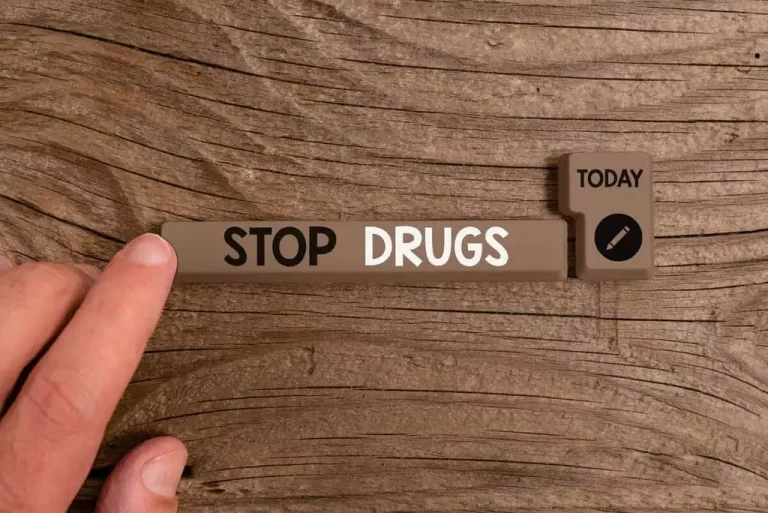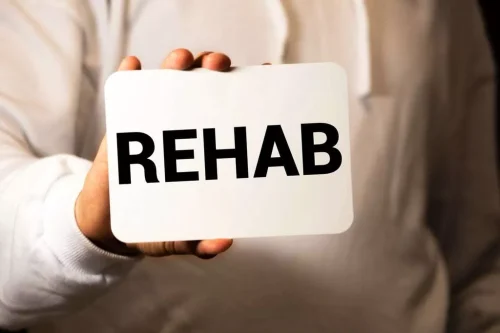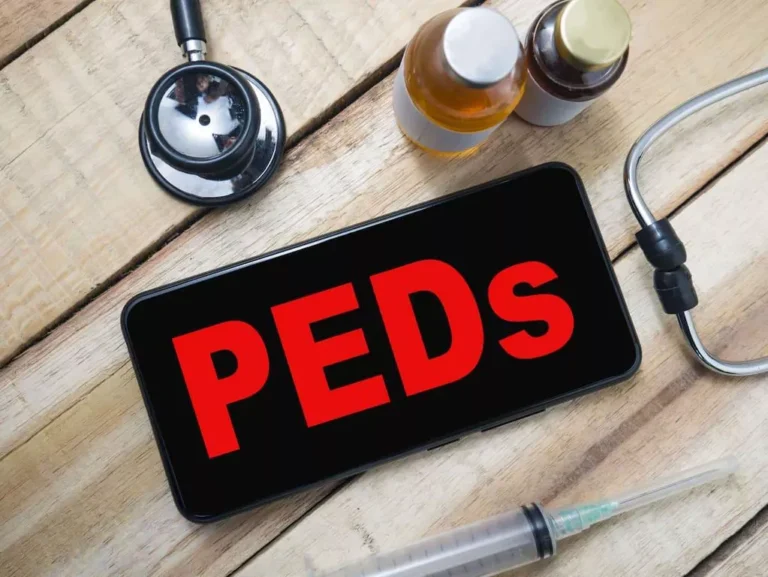
Ultimately, nobody knows what comes first—anger or alcohol use disorder (AUD). However, some studies have been done to better understand who is more at risk. If anger is a symptom of someone’s mental health disorder, alcohol can intensify the anger to dangerous levels. The inability to control or suppress your emotions can lead to inappropriate or dangerous situations. Heightened responses due to alcohol consumption can make anger intensified. No one expects you to recover from an alcohol use disorder alone—nor should you.
Pathophysiology (Intermittent Explosive Disorder)
According to a review from 2017, alcohol is more likely to cause personality shifts related to negative emotions, but that doesn’t mean anger is the most common emotional experience while drinking. Seeking treatment for rageaholic behaviors can be critical for learning how to cope and maintain relationships. Suggesting counseling or therapy may not always be well received in an angry moment, so consider waiting until a calm period to discuss possible treatment options.

What is the role of the Frank website and helpline in providing support for drug addiction?

A therapist or psychologist helps you take a close look at your thoughts and emotions. Through CBT, you can unlearn negative thoughts and behaviors and learn to adopt healthier thinking patterns and habits. However, there are some risk factors that make it more likely to develop. It runs in families, for example, so if a sibling or parent has it, you might as well. It can also be caused by growing up in an environment with physical and verbal abuse or going through a very traumatic experience as a child.
What is the Most Addictive Drug?
Those close to him would talk about his personality under the influence — a character prominent enough to be seen as his alter-ego, “Timmy.” What was Timmy like? Ultimately, Timmy would lead to the death of Paul’s girlfriend who drowned in a boating accident that Paul (in drunken Timmy mode) was responsible for. The FHE Health team is committed to providing accurate information that adheres to the highest standards of writing. This is part of our ongoing commitment to ensure FHE Health is trusted as a leader in mental health and addiction care. The best decision you can make is often the most difficult because it may involve putting your life, your family and your career on hold.

Understanding the triggers and warning signs can be crucial in helping you or a loved one manage this condition and seek appropriate treatment. Alcohol affects brain chemistry by altering neurotransmitters, which manage our mood and impulses. It decreases inhibition and can increase stress hormones like cortisol, making https://ecosoberhouse.com/ some individuals more prone to anger and aggression when drinking. Essentially, drinking makes us less likely to withhold our reactions when we’re angry or annoyed. If you have intermittent explosive disorder, prevention is likely beyond your control unless you get treatment from a mental health professional.
Staying in control
- Our team at The Ohana understands that loved ones struggle and grapple with questions like, why are alcoholics mean?
- Studies have estimated that up to 50% of alcohol-dependent males display violent behavior.
- While alcohol can contribute to aggression and anger, alcoholic rage syndrome is usually the result of a combination of factors.
- And all too often, as in Ryan’s case, it reflects displacement, directing anger toward a target that is not the source of an individual’s original anger.
Plus, we’re always introducing new features to optimize your in-app experience. We recently launched our in-app chatbot, Melody, powered by the world’s most powerful AI technology. Melody is here to help as you adjust to a life with less (or no) alcohol. The existence of an angry “crazy drunk person” is often featured in TV shows and movies because of the rising drama and action they bring to an entertaining storyline. After you start treatment, follow the plan and practice the skills you learn.
- If you have to discuss important topics with someone who experiences rageaholism, timing might make a difference in the response you get.
- After the individual or couple has completed an addiction treatment program there are steps they can take to support sobriety going forward.
- The first step is acknowledging the issue and seeking professional help.
- For example, if a person goes into a drinking experience with the expectation of alcohol helping them pick a fight with a partner later, that’s then likely to happen.
- It can even be productive because it tells us we need to address some things that aren’t going well in our lives.
Once you have distanced yourself and been consistent in showing them that you will not put up with their bad behavior, you can support them from afar by telling them you will help them in their recovery. When someone becomes addicted to a substance, in this case, alcohol rehab is usually necessary because alcohol becomes something they physically need. They will often blame innocent bystanders for provoking them to anger and meltdown into fits of rage over the smallest things because they demand that everything be their way. Alcoholics do this because they are trying to self-regulate by controlling their external world to make up for their internal turmoil. An alcoholic, when intoxicated, will often feel a sense of grandiosity and entitlement, as if they are better than everybody else.
Educate yourself about the disease, develop healthy coping strategies through your own therapy, and start to rebuild trust and communication within the family. It’s also vital to address underlying emotional issues, practice patience and compassion, and adopt a healthier lifestyle with balanced nutrition and exercise. Our treatment programs are comprehensive, addressing not only the physical dependency on alcohol but also the psychological and emotional aspects of the addiction. This full-spectrum approach ensures that the underlying causes of alcoholism are addressed, paving the way for effective and lasting recovery.
What causes intermittent explosive disorder?

Protecting recovery is essential when the objective is to avoid any future drunk rage blackout events. Continuing on with aftercare efforts, such as participation in a recovery community and individual and group outpatient therapy will go a long way toward reinforcing sobriety and calm in the home. These are clinically studied therapies alcoholic rage syndrome that resulted in statistically significant results. Clients will engage in the therapy best suited to their own specific needs and underlying factors. All of these therapies work toward assisting the client to change their behaviors by guiding them toward recognizing disordered thinking and addiction behavior responses.
- Although it may be easier said than done, dialing back your drinking can alleviate the problem.
- Therapy can also teach individuals healthier methods of expressing anger and building better relationships.
- Some may lose a block of minutes or hours, or even days, depending on the amount of alcohol that was consumed.
- But people with IED had a nearly three times greater risk of depression than those who don’t have IED.
- “Trait anger” refers to a person’s general tendency to experience chronic anger over time.
- People known to have anger outbursts on alcohol can end up destroying relationships.
